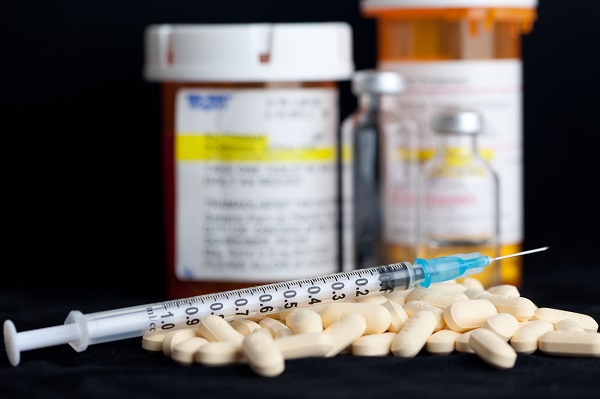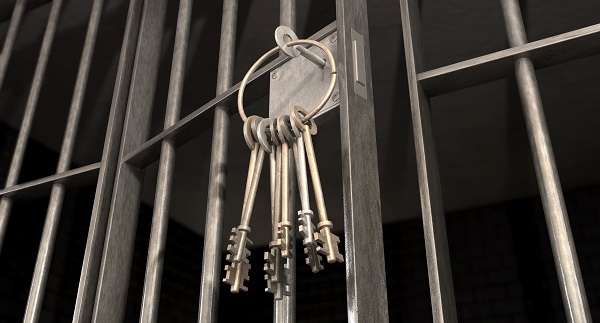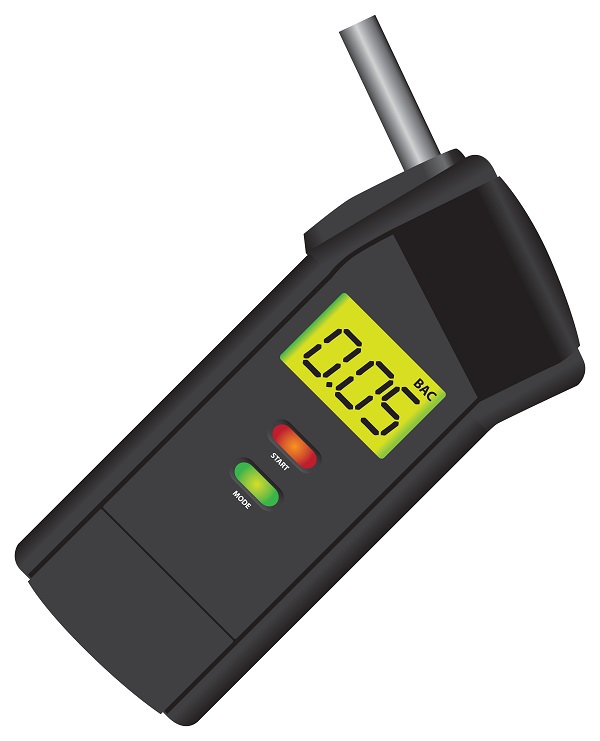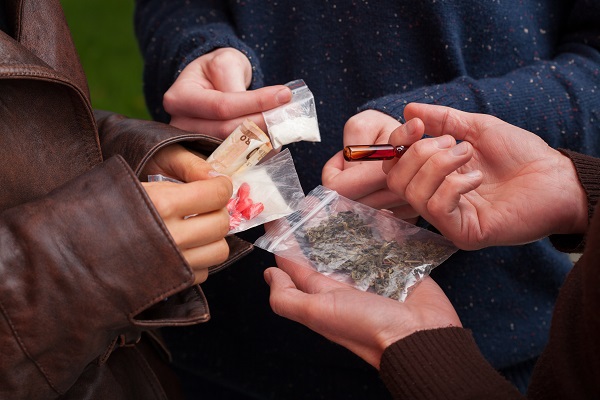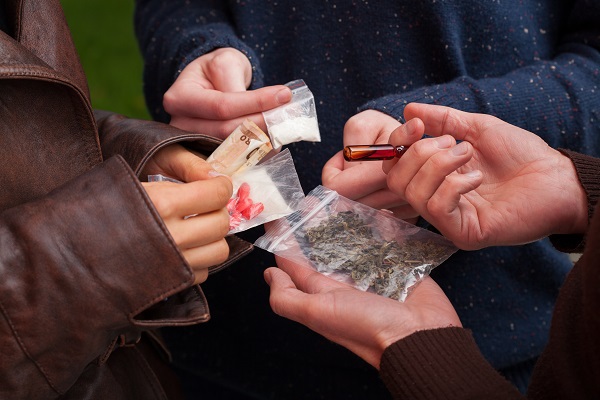What Is the Oklahoma Meth Registry?
Oklahoma’s strict drug crime laws include extremely strict laws on methamphetamines. The state legislature created the Oklahoma Methamphetamine Offender Registry Act to keep people with previous methamphetamine convictions from purchasing the supplies needed to make meth. The Act requires the Bureau of Narcotics and Dangerous Drugs Control to maintain a registry of people convicted of methamphetamine-related crimes. 63 O.S. § 2-701. Anyone who is convicted of a crime based on a guilty or nolo contendere plea, who receives a suspended or deferred sentence, who is on parole or probation for these crimes will be on the registry. Crimes implicated include possession,...
Continue reading


